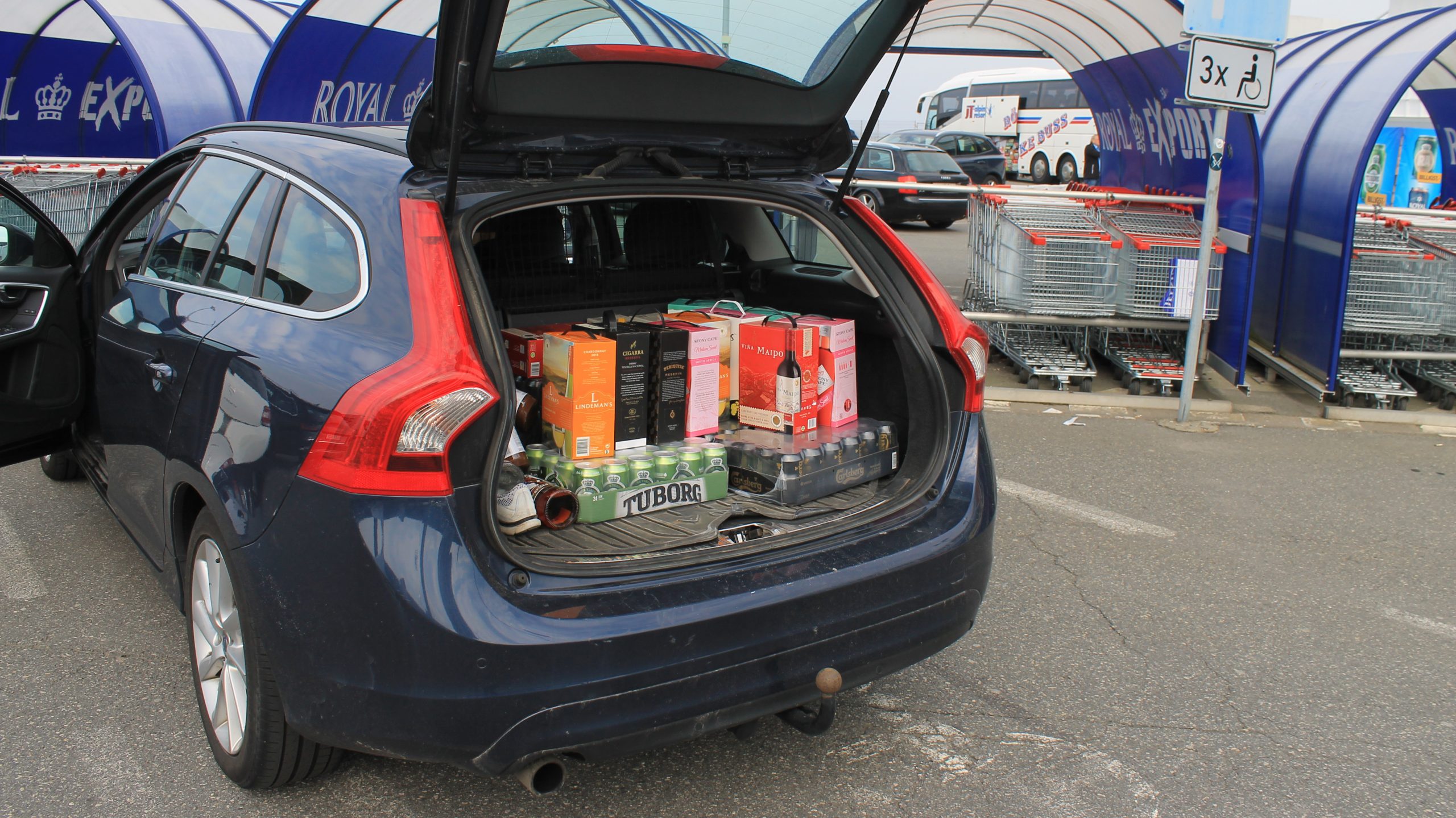Minimum Unit Pricing will be ‘an act of national folly’

Trade associations are speaking out amid serious concerns that the new Minimum Unit Pricing regulations – the MUPs – will impact dramatically on retailers in border regions.
Both RGDATA and CSNA have raised the issue and continue to lobby government, The new rules will mean it’s cheaper for shoppers to flock in to the North and buy their alcohol in bulk.
RGDATA has called the unilateral introduction of MUP “an act of national folly”.
The Government’s proposal to introduce Minimum Unit Pricing for alcohol in January 2022 will drive trade cross the border as shoppers seek to avail of cut price alcohol in Northern Ireland. The rationale for deferring the introduction of MUP until an all island initiative is introduced remains compelling and the Government has failed to outline any substantial justification for this unilateral measure.
RGDATA said that the introduction of the measure in the Republic of Ireland, without any corresponding initiative in Northern Ireland will push a substantial amount of customers up north to buy cut price alcohol. This would also impact on general shopping patterns and will impact on border retailers in particular.
All-island solution required
Tara Buckley, RGDATA Director General said;
“Cheap alcohol in the Republic of Ireland is a direct legacy of the Government’s short sighted decision to remove the ban on the below cost sale of alcohol – it is a problem of the Government’s own making. RGDATA has consistently opposed the cheap sale of alcohol but believes that any national measure needs to be reciprocated in Northern Ireland, otherwise a substantive cross border trade in cheap alcohol will be created.
Border retailers
RGDATA said that Government is mistaken in assuming that the introduction of MUP in Ireland will not impact on border retailers.
“ The Government has indicated that the introduction of MUP in Scotland did not adversely impact on Scottish border retailers. This is not correct- there were some impacts on Scottish border retailers and increases in alcohol sales among retailers in English border. Additionally in England there was already a ban on the below cost sale of alcohol since 2014, so the sale of cheap alcohol in England was already restricted. There was also no currency differential as sterling was the common currency between the England and Scotland.
The position between the Republic of Ireland and Northern Ireland is entirely different – there is no ban on the below cost sale of alcohol on either side of the border and there is a significant currency and excise differential cross border. These factors will drive cheap alcohol sales across the border”.
Cross-border cheap alcohol sales
If the Government is intent on bringing in MUP in January 2022, then it must indicate what measures will be introduced to prevent cross border cheap alcohol sales. Otherwise it will merely transferring cheap alcohol purchases cross the border to Northern Ireland, damaging compliant border retailers and failing to deliver the supposed public health benefits underpinning the measure.
Vincent Jennings of the CSNA is also fiercely opposed to the plans.
Meanwhile the NFRN has a different view. The Federation of Independent Retailers (NFRN) welcomed the announcement that the Irish government is to introduce a minimum unit price on alcohol products next year – saying it will mean mean supermarket pricing will be on a par with smaller retailers – thereby creating a more even playing field.
“From January 1, 2022, the cheapest bottle of wine will cost €7.75, where previously it could cost under €5. A 700ml bottle of supermarket gin or vodka costing between €13 and €14 will rise to €20.71 under the system, while a 440ml can of lager will be a minimum of €1.32” the NFRN statement said.
Delays
The plan was originally approved in 2018 but implementation has been delayed because the government wished to do this at the same time as Northern Ireland, in order to discourage potential smuggling and consumers travelling to retailers in the north.
Stormont has now indicated it will not be proceeding with similar legislation in the near future.
NFRN Ireland president Martin Mulligan said: “We broadly welcome the move to introduce minimum unit pricing because it levels up the playing field. The big multiples have taken our confectionery and Christmas trade, so it will give us all a fighting chance to compete.”
Clonmel convenience store owner Tom McDermott added: “For years the multiples have been using cheap alcohol as a loss leader. Minimum pricing will help smaller retailers to compete, especially on leading brands.”
Sign up for IFCR:







